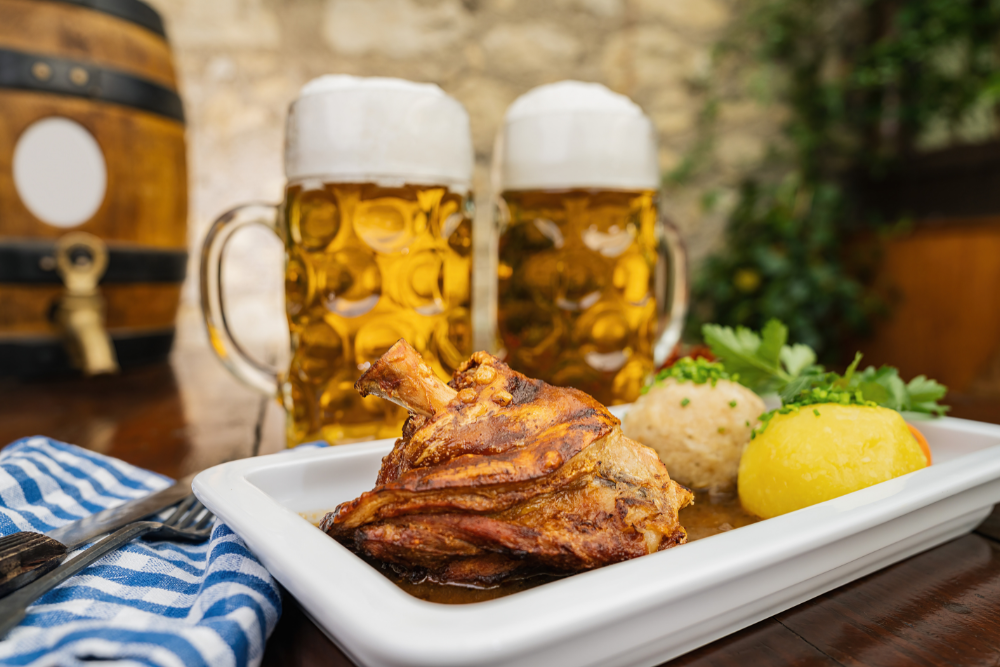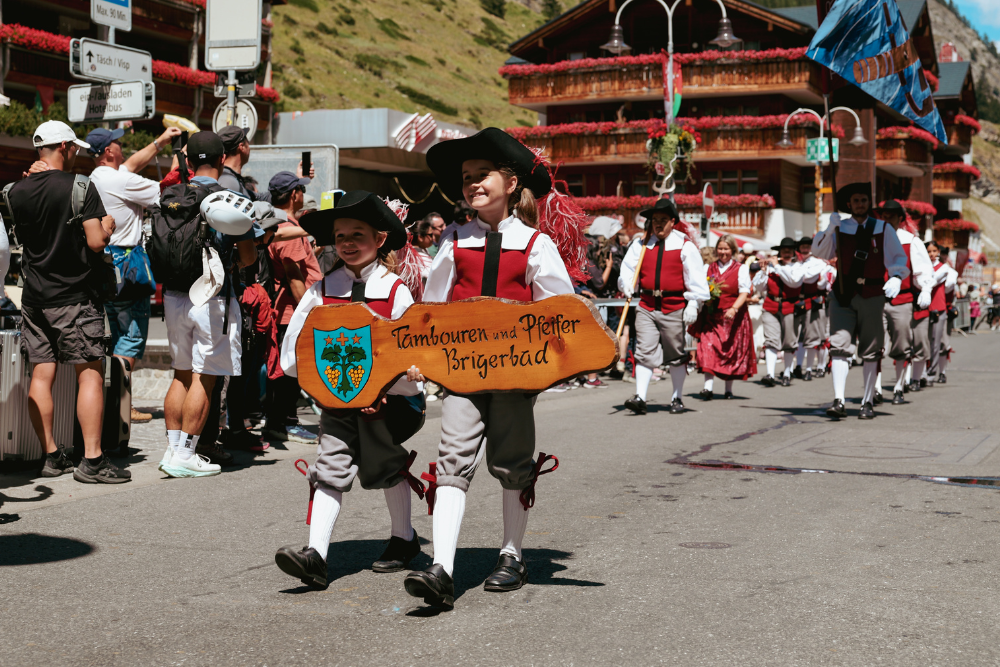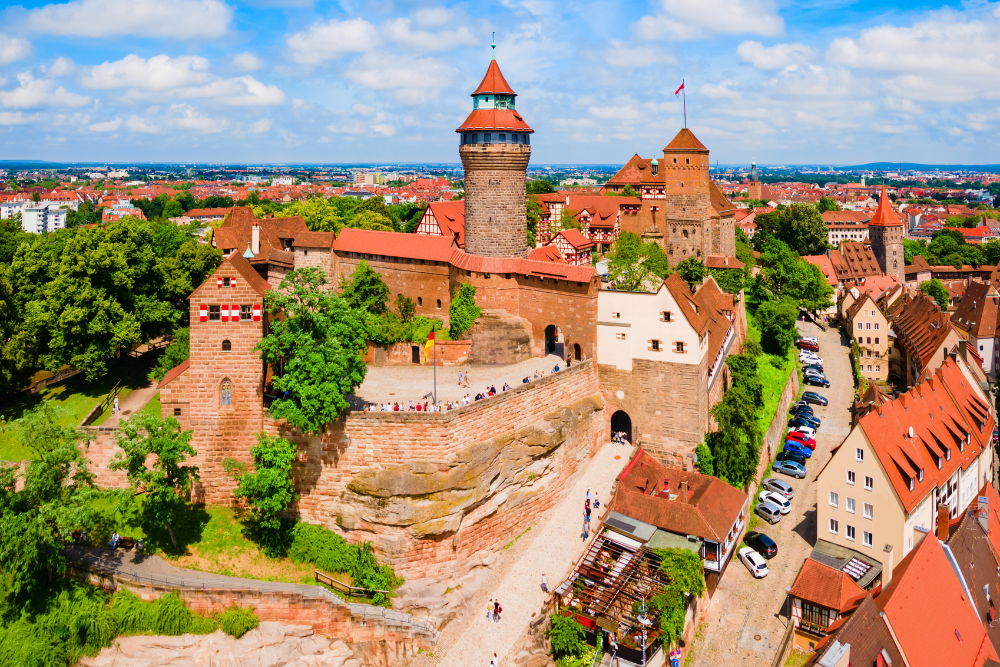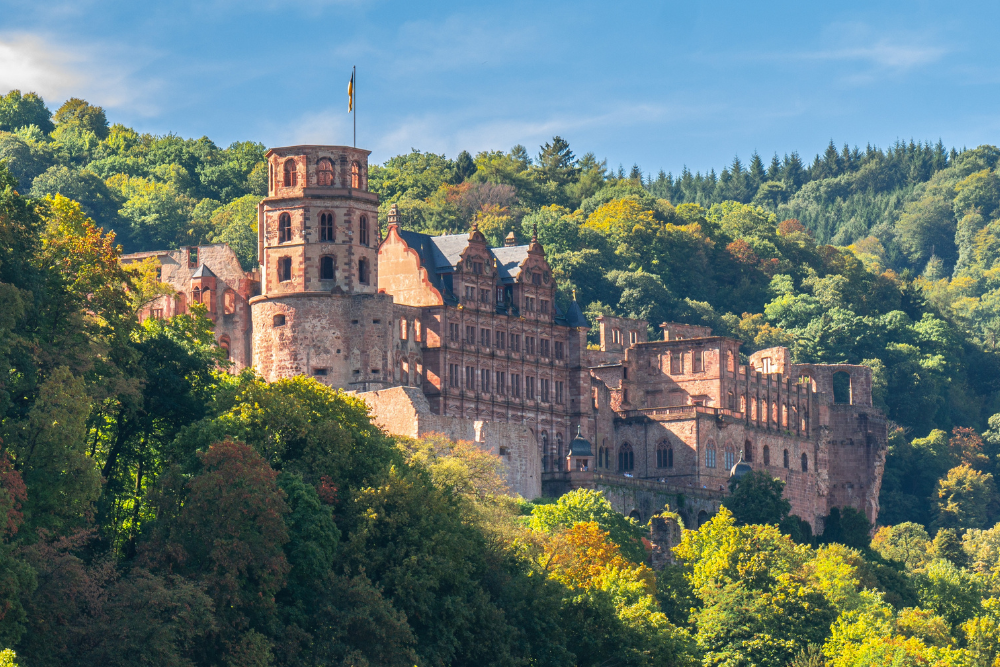The Bavarian Alps are not only a natural wonder but also the heart of traditional German culture. With their picturesque landscapes, charming villages, and time-honored customs, the Bavarian Alps offer an immersive experience into the soul of Bavaria. From delicious food and drink to centuries-old festivals and architecture, here’s how to fully experience the rich culture of this stunning region.
1. Explore Traditional Bavarian Villages

Bavaria’s Alpine villages offer a perfect blend of scenic beauty and deep-rooted culture. The quaint villages scattered throughout the region give visitors a chance to step back in time and witness Bavarian life as it has been for centuries.
- Garmisch-Partenkirchen: One of the most famous towns in the Bavarian Alps, Garmisch-Partenkirchen is renowned for its stunning mountain backdrop, historic buildings, and traditional Bavarian atmosphere. Explore its charming old town with half-timbered houses, visit local craft shops, and indulge in hearty Bavarian cuisine at traditional inns called Gasthäuser.
- Mittenwald: Famous for its beautifully painted houses, Mittenwald is a must-see. This town is also home to a long tradition of violin making, and visitors can explore the Violin Making Museum to learn about the art.
- Oberammergau: Known for its Passion Play and beautifully painted buildings called Lüftlmalerei, Oberammergau offers a glimpse into Bavarian religious and artistic traditions. It’s also a great place to explore the woodcarving tradition, with local artisans creating intricate wooden sculptures and ornaments.
2. Savor Traditional Bavarian Cuisine

Food is an integral part of Bavarian culture, and the Bavarian Alps are the perfect place to sample traditional dishes. From hearty meals to sweet treats, the region is a food lover’s paradise.
- Pretzels and Weisswurst: No visit to Bavaria is complete without tasting the iconic Bavarian pretzel and Weisswurst (white sausage). Traditionally eaten with mustard and served with Bavarian beer, these dishes are a must-try in any local beer garden.
- Schweinsbraten: A succulent roast pork dish served with crispy crackling, mashed potatoes, and sauerkraut, Schweinsbraten is a comforting Bavarian classic that can be found in most restaurants.
- Kaiserschmarrn: For dessert, try Kaiserschmarrn, a fluffy shredded pancake served with compote, often enjoyed in the mountain huts after a long hike. It’s both a delicious treat and a symbol of Bavarian gemütlichkeit (coziness).
- Beer and Beer Gardens: Bavarians are passionate about their beer, and the Bavarian Alps are home to some of the finest breweries. Visit a traditional beer garden to enjoy a cold pint of Weissbier (wheat beer) or Helles (pale lager) while soaking in the views.
3. Participate in Traditional Bavarian Festivals

Bavaria is famous for its lively festivals, where you can experience traditional Bavarian music, dance, and customs. No matter when you visit, there’s always a festival or celebration happening in the Bavarian Alps.
- Oktoberfest: The world’s largest beer festival, Oktoberfest in Munich is an iconic celebration of Bavarian culture. Though Munich is not in the Alps, many visitors make the trip to experience the beer tents, traditional costumes (dirndls and lederhosen), folk music, and of course, the vast selection of beers.
- Almabtrieb (Cattle Drive): In the autumn, you can witness the Almabtrieb, a traditional event where cows are herded down from the mountain pastures to the villages for the winter. The cows are adorned with floral garlands, and the event is celebrated with parades, music, and local festivities.
- Traditional Christmas Markets: During the Christmas season, the Bavarian Alps are home to enchanting Christmas markets. Visit towns like Garmisch-Partenkirchen and Füssen to stroll through festive markets, where you can shop for handcrafted goods, drink mulled wine, and enjoy traditional Bavarian Christmas treats.
4. Experience Bavarian Music and Dance

Bavarian music is a key element of the region’s cultural heritage, with traditional folk songs, dances, and instruments playing an important role in community life.
- Bavarian Folk Music: Listen to oompah bands playing traditional Bavarian folk music at festivals, beer gardens, and even in the mountains. Instruments like the alphorn and zither add a distinct Alpine touch to the melodies.
- Folk Dancing: If you’re lucky enough to be in Bavaria during a festival, you might have the chance to watch or participate in traditional Bavarian folk dancing. These dances, characterized by lively steps and colorful costumes, are performed in many towns and villages throughout the region.
- Alpine Yodeling: The distinctive sound of yodeling can be heard echoing through the Bavarian Alps, especially in the mountain villages. It’s a traditional vocal technique that dates back to shepherds calling across the valleys, and it’s still celebrated in performances and festivals.
5. Visit Historic Bavarian Castles and Churches

Bavaria’s rich cultural history is also reflected in its architecture. The region is home to some of Germany’s most iconic castles, churches, and monasteries.
- Neuschwanstein Castle: No trip to the Bavarian Alps is complete without a visit to the fairy-tale Neuschwanstein Castle, perched high above the town of Füssen. Built by King Ludwig II, the castle is an architectural marvel and an enduring symbol of Bavarian romanticism.
- Hohenfreyberg and Eisenberg Castles: These lesser-known castles, located in the foothills of the Alps, offer visitors a glimpse into Bavaria’s medieval past and are often less crowded than Neuschwanstein, providing a more serene experience.
- Ettal Abbey: A Benedictine monastery located near Oberammergau, Ettal Abbey is famous for its baroque architecture and peaceful atmosphere. Don’t forget to try their delicious local beer brewed by the monks.
Conclusion

The Bavarian Alps are a perfect destination for anyone wanting to experience authentic traditional German culture. From charming villages and stunning castles to rich festivals and delicious food, the region offers countless opportunities to immerse yourself in Bavarian life. Whether you’re hiking in the mountains, sampling local delicacies, or attending a lively festival, the Bavarian Alps promise a truly unforgettable cultural experience.












